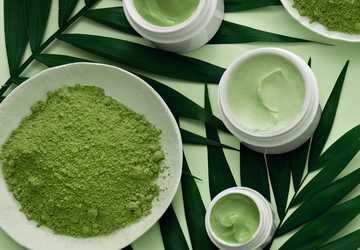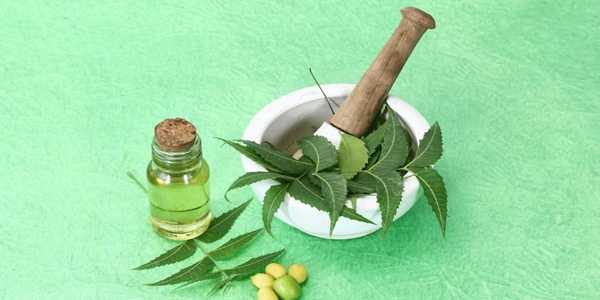What You Should Know About Peptides For Anti-Aging
As we age, our skin undergoes significant changes, leading to the development of fine lines, wrinkles, and loss of elasticity. While there are countless anti-aging products available, one ingredient has been gaining attention in recent years: peptides. These small chains of amino acids are not only essential building blocks of proteins but also powerful agents in skincare. This article will cover everything you need to know about peptides, their benefits, types, and how to incorporate them into your skincare routine for effective anti-aging results.
Understanding Peptides: What They Are And How They Work
Peptides are short amino acid chains crucial for biological processes, including hormone regulation and immune response. They hold therapeutic potential in medicine, biotechnology, and enhancing athletic performance.
What Are Peptides?
Peptides are short sequences of amino acids, typically consisting of two to fifty amino acids. They play crucial roles in the body, acting as signaling molecules that can influence various biological functions. In the context of skincare, peptides are recognized for their ability to stimulate collagen production, improve skin barrier function, and enhance overall skin health.
How Do Peptides Work?
When applied topically, peptides penetrate the skin’s surface and communicate with cells, sending signals that trigger specific responses. For instance, some peptides signal skin cells to produce more collagen, while others may encourage the production of hyaluronic acid, a substance that helps retain moisture in the skin. This process can help reduce the appearance of fine lines and wrinkles, improve skin texture, and enhance overall skin tone.

The Benefits Of Peptides In Anti-Aging Skincare
Peptides are essential for anti-aging skincare, stimulating collagen production, improving skin firmness and hydration, offering antioxidant protection, and reducing inflammation, making them valuable for maintaining youthful skin.
Boosting Collagen Production
Collagen is essential for skin structure and elasticity, but its production declines with age, causing sagging and wrinkles. Peptides stimulate fibroblasts to boost collagen synthesis, leading to firmer skin, improved elasticity, and reduced signs of aging, as supported by research.
Enhancing Skin Barrier Function
Peptides strengthen the skin barrier by promoting the production of ceramides and lipids, which are essential for maintaining hydration. This enhancement helps protect against environmental stressors, preventing dryness and irritation, resulting in a healthier and more resilient complexion.
Reducing Inflammation
Inflammation can accelerate the aging process, leading to redness, irritation, and uneven skin tone. Certain peptides possess anti-inflammatory properties that can help calm irritated skin and reduce redness. This makes them particularly beneficial for individuals with sensitive or reactive skin.
Improving Skin Texture And Tone
Peptides can also improve the overall texture and tone of the skin. By promoting cell turnover and encouraging the growth of new skin cells, peptides can help reduce the appearance of age spots and discoloration. Additionally, they can contribute to a smoother, more refined skin surface, enhancing your complexion’s radiance.
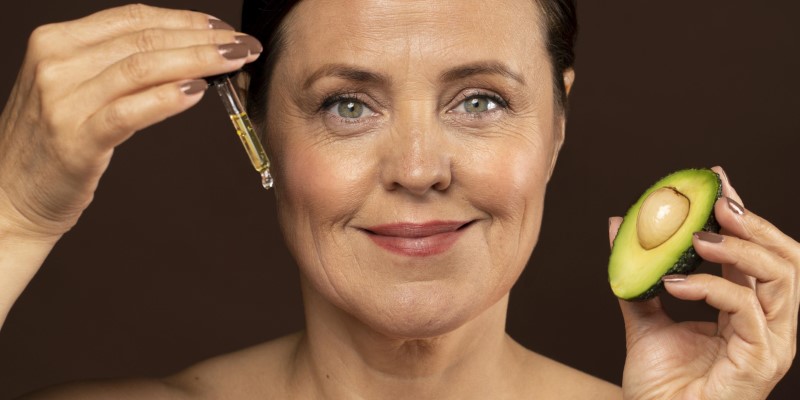
Types Of Peptides And Their Functions
Peptides play diverse roles in anti-aging skincare, including enhancing collagen production, transporting minerals, inhibiting enzyme activity, relaxing facial muscles, and combating acne, making them vital for effective skincare solutions.
Signal Peptides
Signal peptides are crucial for communication within the skin. They send signals to cells to perform specific functions, such as increasing collagen production or promoting cell regeneration. Examples of signal peptides include palmitoyl pentapeptide-4 and palmitoyl tripeptide-1, both known for their ability to stimulate collagen synthesis and improve skin firmness.
Carrier Peptides
Carrier peptides deliver trace elements like copper to the skin. Copper is essential for various biological processes, including collagen synthesis and wound healing. By facilitating the absorption of these vital minerals, carrier peptides can help enhance the skin's healing process and improve overall skin health. An example is copper tripeptide-1, known for its wound-healing properties.
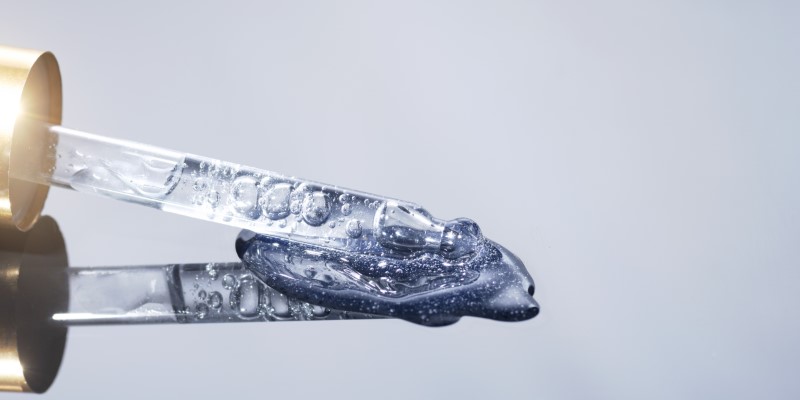
Enzyme Inhibitor Peptides
These peptides work by inhibiting enzymes that break down collagen and elastin in the skin. By reducing the activity of these enzymes, enzyme inhibitor peptides help preserve the skin’s structural integrity and minimize the formation of wrinkles. An example is acetyl hexapeptide-8, commonly used in anti-aging formulations.
Antimicrobial Peptides
Antimicrobial peptides are part of the skin's natural defense system. They help protect against harmful bacteria, fungi, and viruses, contributing to overall skin health. These peptides can also promote wound healing and reduce inflammation. They are particularly beneficial for individuals with acne-prone skin, as they help combat breakouts while providing anti-inflammatory benefits.
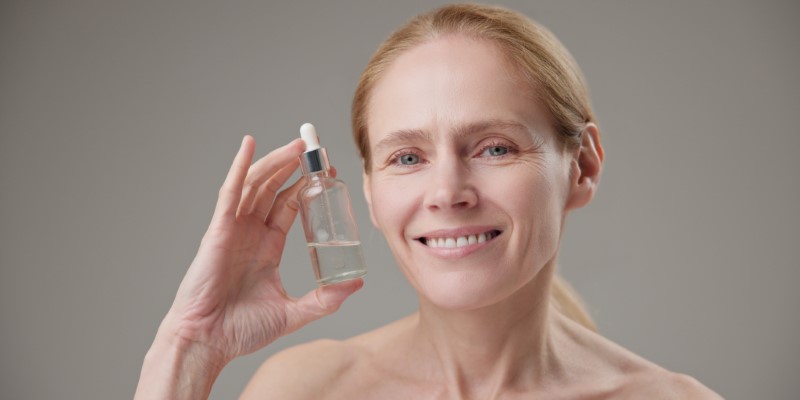
Incorporating Peptides Into Your Skincare Routine
Incorporating peptides into your skincare routine enhances skin health by boosting collagen, improving elasticity, and promoting hydration. Choosing the right products and consistently applying them maximize their anti-aging benefits.
Choosing The Right Products
When incorporating peptides into your skincare routine, it's essential to choose the right products. Look for serums, creams, or lotions that list peptides among the top ingredients. Read the labels carefully to ensure that the specific type of peptides used aligns with your skincare goals. For instance, if you're looking to improve elasticity, products with signal peptides may be the best choice.
Layering With Other Ingredients
Peptides enhance the effectiveness of other ingredients, such as hyaluronic acid, for increased hydration and plumpness. When combined with antioxidants like vitamin C, they offer added protection against environmental damage while promoting a brighter, more radiant complexion.
Application Tips
When applying peptide-infused products, it's best to use them after cleansing and toning the skin but before heavier creams or oils. This allows for better absorption. Using gentle upward strokes, apply a tiny amount of the product to dry, clean skin. For optimal results, use peptide products consistently as the benefits accumulate over time.
Considerations For All Skin Types
Peptides are generally well-tolerated by most skin types, including sensitive skin. However, it’s always a good idea to perform a patch test when trying a new product. If you experience any irritation or discomfort, discontinue use and consult a dermatologist.
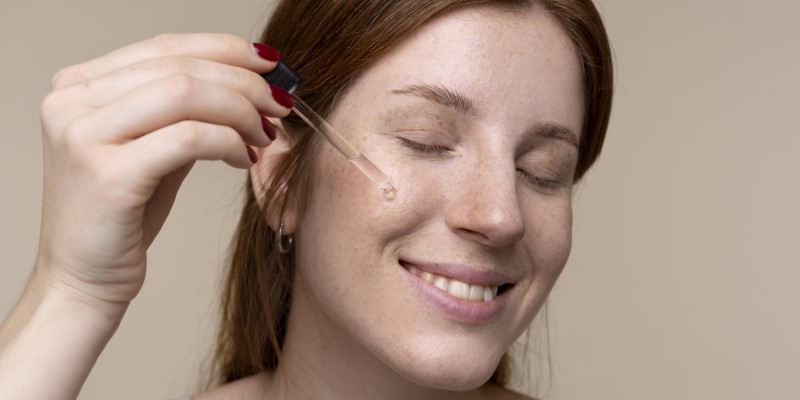
Conclusion
Peptides are a powerful addition to the realm of anti-aging skincare, offering numerous benefits that can transform your skin’s health and appearance. From boosting collagen production to enhancing skin barrier function, these small but mighty molecules play a significant role in the aging process.
By understanding the different types of peptides and how to incorporate them into your skincare routine, you can take proactive steps toward achieving a more youthful, radiant complexion. Whether you're looking to reduce fine lines, improve skin texture, or simply maintain a healthy glow, peptides may be the answer you've been searching for.
